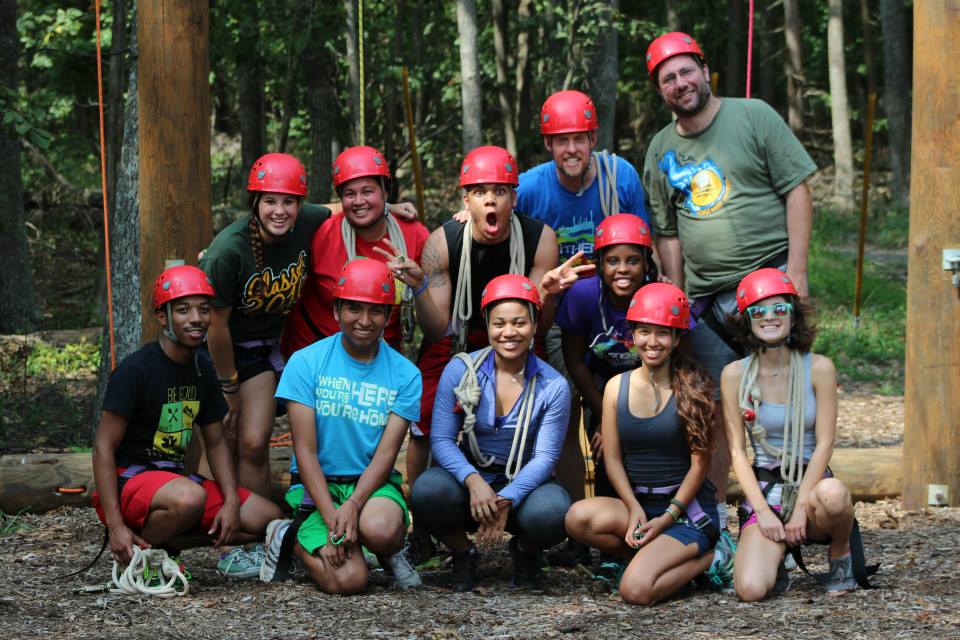Leadership involves setting a vision, generating the energy to grow and sustain the vision, mobilizing collective action around this vision, collaborating with others, and valuing the diverse expressions of leadership. To effectively achieve this, there are a number of competencies that are required. These competencies and activities must be practiced, reflected on, and refined. Leadership requires self-awareness and self-reflection as we critically assess our capacity in the various competency areas and set goals for continuous leadership development. Self-reflection helps us uncover the beliefs that inform our action and assess whether and how to modify our action to serve our own and others’ interests.
–Mason Leads Core Leadership Competencies
- Establishing and Sustaining Relationships
as demonstrated by the ability to interact with others to develop trusting relationships and sustain collaborative partnerships;
- Developing the Self
as demonstrated by having a sense of self awareness; an understanding of one’s strengths and challenges; an ability to self-regulate, monitor one’s actions, and set goals for continuous learning.
- Developing Others
as demonstrated through mentoring and authentic communication in partnerships with others to help them identify and achieve their goals; cultivating an environment that fosters individual and team learning.
- Communicating
as demonstrated by the ability to create and share meaning through effective oral and written communication, engage in active and empathic listening, and understand and communicate to diverse audiences.
- Making Informed Decisions and Problem Solving
as demonstrated by having or seeking out appropriate knowledge and expertise in order to formulate the strongest solutions to emerging problems and/or situations, acting ethically throughout the decision-making process, and having the courage to take responsibility for the outcome.
- Negotiating and Managing Conflict
as demonstrated by the willingness to listen to all perspectives, mediate across difference, appropriately express concern, and identify productive solutions for moving forward.
- Acting with an Awareness of Social and Cultural Dynamics
as demonstrated by embracing a value for learning about social and cultural difference; listening to the stories of others without judgment; acting with generosity while confronting misinformation; and actively creating a just community.
- Adapting to Change and Thinking Creatively
as demonstrated by flexibility in thought and action; engaging in reflective practice to inform change and practice; seeking out innovative ideas and solutions; and providing stability and meaning for collaborators in the midst of change.
- Using Systems Thinking
as demonstrated through a recognition that the work of one affects the work of all; developing an understanding of the interconnections within and between organizations or communities and their environments.

